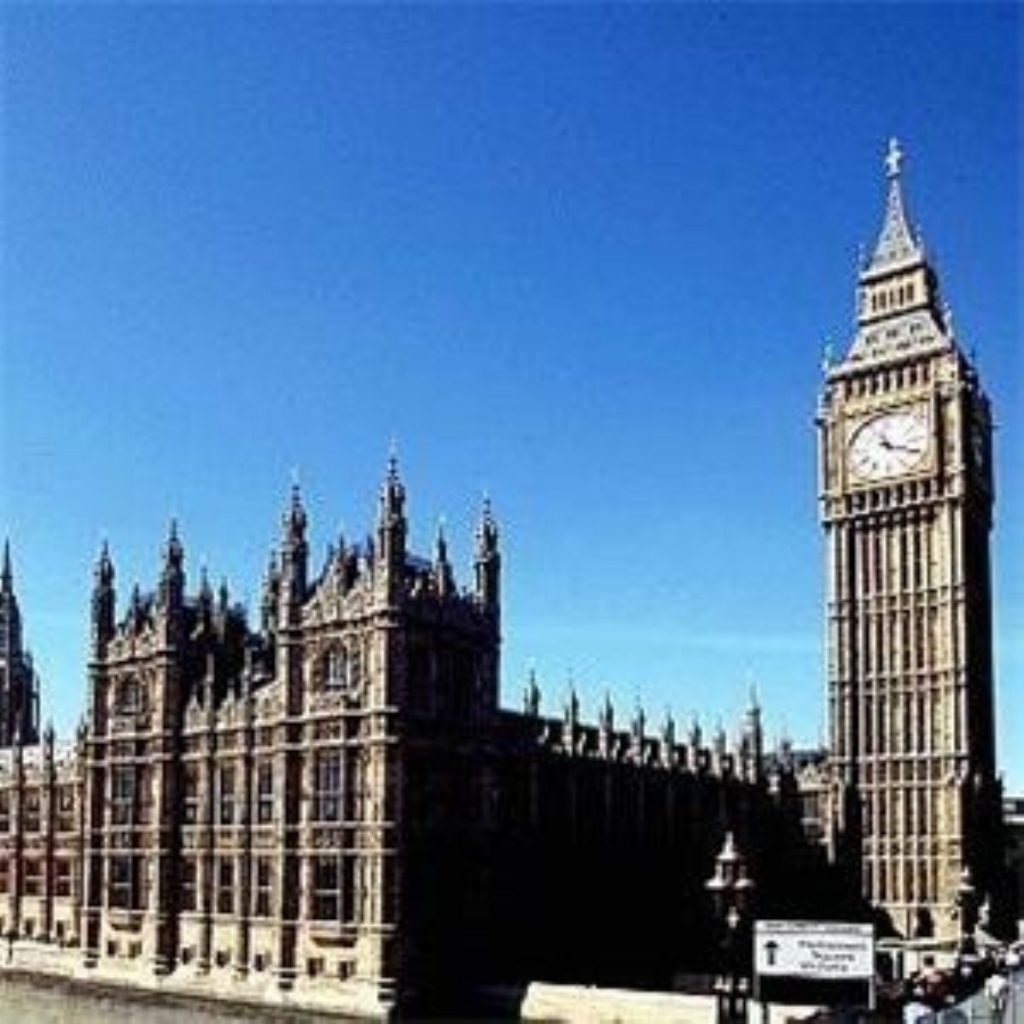Three key Lib Dems resign after failed referendum vote
Three Liberal Democrats have resigned from the party’s front bench following the vote on whether a referendum should be held on the UK accepting the EU’s Lisbon treaty.
The House of Commons voted against holding a national vote by 311 votes to 248 after a six-hour debate.
Scotland spokesman Alistair Carmichael; countryside spokesperson Tim Farron; and justice spokesman David Heath resigned from the Lib Dems’ front bench after supporting the referendum calls despite a party ban on members voting on the issue.
“I greatly regret the loss of David, Tim and Alistair from the shadow Cabinet. They have served with great distinction and commitment,” Liberal Democrat leader Nick Clegg said.


“However, as they have recognised, the shadow Cabinet cannot operate effectively unless the principle of collective responsibility is maintained.”
Countryside responsibilities will be taken on by the environment, food and rural affairs team led by Steve Webb.
Justice responsibilities will be assigned to the home affairs and justice team leader, Chris Huhne, supported by David Howarth.
And Scotland and Northern Ireland responsibilities will be taken on by Michael Moore.
Mr Clegg had described the vote as a “smokescreen” and ordered members to abstain from voting after the Lib Dems’ own calls for an “in or out” referendum on the EU were rejected.
More than ten Lib Dem rebels were reportedly prepared to defy party whips and vote for a referendum amendment.
Gordon Brown faced his own rebellion, with up to 30 Labour backbenchers prepared to vote for a referendum.
In a prime minister’s question time dominated by Europe, Mr Brown once again defended his decision not to put the Lisbon treaty to a public vote.
He rejected Mr Cameron’s portrayal of a “United States of Europe”, arguing the constitutional elements of the treaty had been abandoned.
The prime minister has attempted to embarrass the Tory leader over the referendum, accusing him of caving in to Euroscepticism among his backbenchers.
If the Conservative party had truly modernised and moved to the centre they would be prepared to stand in the centre of Europe not be relegated to its margins, Mr Brown told MPs.
But Mr Brown rejected Mr Clegg’s challenge to build a wider pro-European movement,” saying the Lib Dem leader was wrong to argue for any kind of “principle” in abstaining from the Commons vote.
Mr Brown appeared to duck the question when asked by Mr Cameron whether he thought the public would vote in favour of the Lisbon treaty if given the chance.
The prime minister retorted that the public had voted in favour of Europe the last time they were given a chance, more than 35 years ago.

